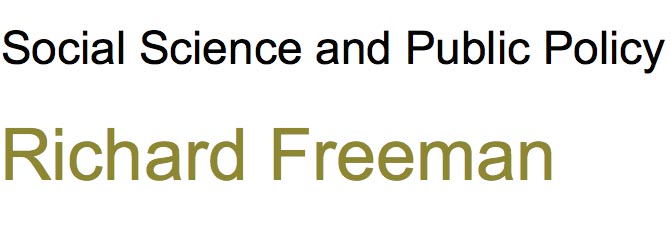What is it that policy makers do when they make policy? What kinds of activity does policy making entail? This seminar series hosted by the Universities of Birmingham and Edinburgh, with APSE (the Association for Public Service Excellence), was funded by ESRC.
So what do policy makers do when they go to work? The aim of this seminar series has been to identify and explore the process of policy making as a set of practices. We address four themes, broadly defined:
1 – the elements of practice. We begin by analysing the practice of policy making or what policy makers actually do. We are concerned with actions and materials, that is with documents, meetings and the production and use of policy instruments.
2 – accounts of practice. Practices are available for investigation only to the extent that we have and make accounts of them. How do practitioners describe what they do, both to themselves and others? How do these accounts advocate, legitimate, defend and promote different ideas of practice?
3 – theorising practice. What tensions exist between policy makers’ public and private accounts of what they do? We review and critique some of the key concepts of interpretive, practice-oriented analysis, including those of performance, narrative, text, translation, interpretation, discourse and governance.
4 – analysing practice. It follows from what we say about policy and practice that we should take time to reflect on policy analysis itself as a form of practice. Here we ask what it is that policy researchers do. What should our orientation to the practice of policy mean for the practice of research, and what does it imply for relationships between researchers and policy makers?
Our series began in February 2009 and ends in April 2010. For more information, use the contact button on the menu page above.
